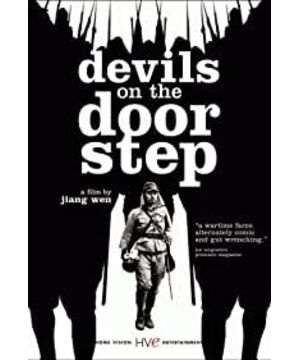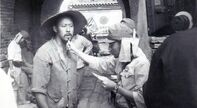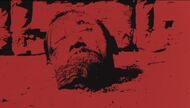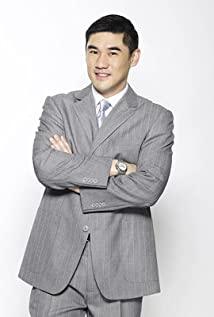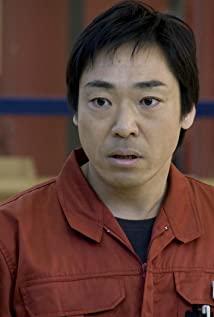The most commendable detail is Ma Dasan's father-in-law, who naively believed that the Japanese were on an equal footing with them, and treated the Japanese like a master. The sense of formality in his interrogation of the flower house and the exchange of letters to Captain Zhu Ji reflected the ignorance and kindness of the old Chinese rural intellectuals at that time, and also satirized the reality that the Chinese people had no awareness of the subjugation of the country at that time. He used the way of thinking and speech of the previous dynasty, and could only maintain the so-called equality in letters. Isn't this the style of the Qing government that insisted on saving face in writing but actually losing power and humiliating the country? It can be said that Jiang Wen did his best to create this little character. Of course, some of Gao, Ma Dasan, Huawu and others in the film are also very good, so I won't list them all here.
View more about Devils on the Doorstep reviews


